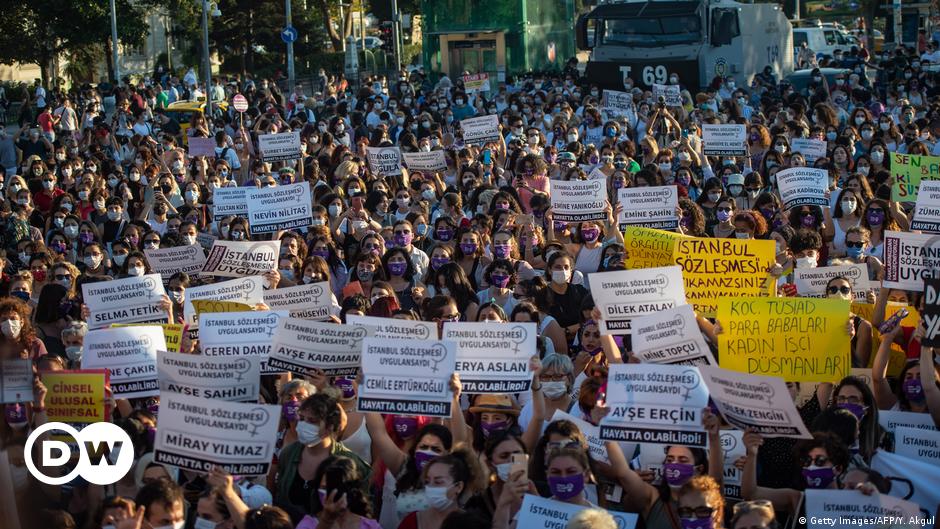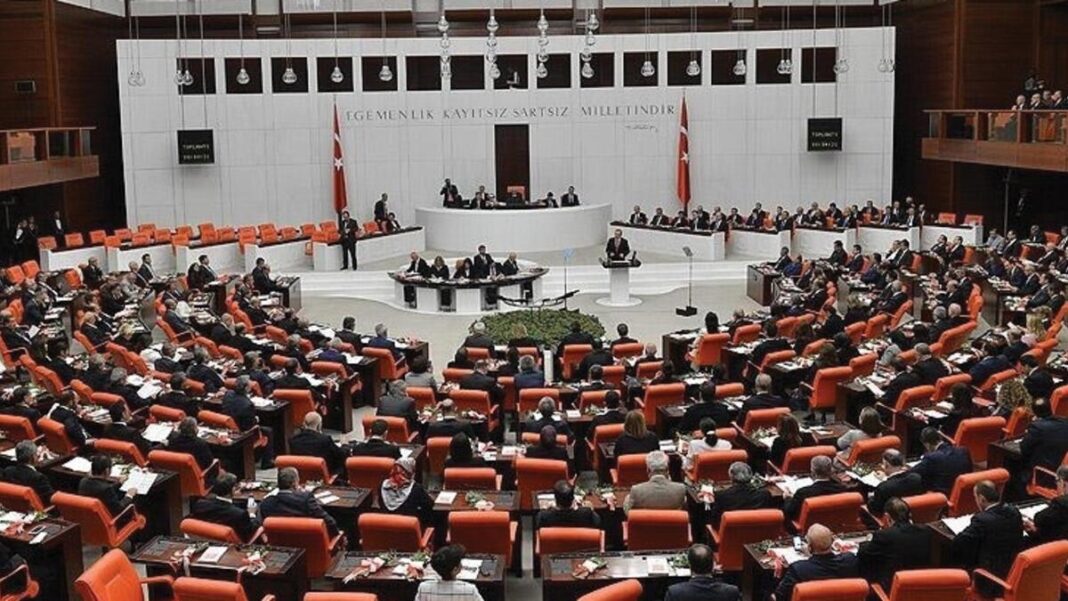The regulation requiring “concrete evidence” for arrest in sexual abuse crimes has passed in the Turkish Grand National Assembly. The concern of lawyers and rights defenders that “This paves the way for abuse. Impunity is becoming more widespread” has grown even further.
Despite strong reactions and concerns from the political opposition, lawyers, and rights defenders, the first section of the Bill on Amendments to the Criminal Procedure Law and Some Laws, known publicly as the 4th Judicial Package, was passed in the General Assembly of the Turkish Grand National Assembly with the votes of AKP and MHP.
The acceptance of the provision requiring concrete evidence for arrest in catalog crimes such as sexual abuse, harassment, intentional killing, and torture, without exempting child sexual abuse and sexual assault against women, has practically caused an uproar among lawyers and women’s organizations. Lawyers, pointing out that there are already serious difficulties in collecting evidence in the current situation, exclaim, “We are facing a situation that will further pave the way for sexual abuse and make impunity for these crimes even more widespread. It’s impossible for us to accept this.”
Ceren Kalay Eken, Head of the Women’s Rights Center of Ankara Bar Association, while explaining to DW Turkish the problem that arose with the acceptance of the regulation in the parliament, notably states, “Unfortunately, we see once again that no importance is given to the opinion of the people, and our objections are ignored with a midnight decision.”
“Impunity is Being Accepted”
Eken explains that human rights defenders and lawyers have consistently voiced their opposition to arbitrary arrests without concrete evidence, but says the situation is different for child sexual abuse and sexual assault crimes where women are mostly victims. So why? Eken answers this question as follows:
“It is known that due to the nature and structure of these acts, there are usually no witnesses, no records can be found, the act does not occur in a place where recording is done, and in most cases, no biological evidence is left behind. Obvious evidence is often not found on the victim’s body or clothing. It’s considered that children can complain after the age of 18, but there’s no answer as to how they will prove what they experienced with concrete evidence. Therefore, now you are actually accepting impunity due to the nature of these crimes. This is the problem.”
“Men’s Backs are Being Patted”
Ceren Eken complains that the regulation in the 4th judicial package supports the recent “bad decisions” from the Supreme Court, and wants people to remember the Court’s previous decisions. Eken summarizes those decisions as “Case types related to sexual abuse and assault are special. Requiring concrete evidence for arrest leads to impunity.”
Eken warns, “For this reason, cases need to be decided by carefully observing and examining the victim and the accused, and evaluating the documents related to medical reports. This is how it should be. Otherwise, we will unfortunately see a situation where we are patting the backs of men who commit sexual assault and sexual abuse, and causing an increase in these crimes due to impunity.”

“the Problem is the Inability to Collect Evidence”
Seda Akco, a lawyer from the Istanbul Bar Association, reminds that the current law already includes the phrase “strong suspicion” for arrest. Akco makes the following assessment regarding where the problem stems from:
“It’s also wrong to say that when it’s written in the law that it must be based on concrete evidence, the judge will look for concrete evidence. Because it’s known that there are major deficiencies in collecting sufficient evidence in sexual abuse cases in practice, there’s concern that judges who will think that arrest has been made more difficult with the change will tend to avoid arresting. The real problem is in the inability to collect this evidence. This should be focused on.”
Seda Akco, who says that it should be questioned why sufficient evidence cannot be collected in sexual abuse and assault acts, wants to keep on the agenda whether the child and woman have adequate protection. Akco says, “The arrest of the suspect is important for the protection of the child, but it’s not enough. The inability to provide adequate protection to victims is also one of the important reasons for insufficient evidence.”

“They are Stubbornly Approaching Society’s Traumas”
The Federation of Women’s Associations of Turkey (TKDF) sees the acceptance of the “concrete evidence requirement” in parliament with AKP and MHP votes as a result of the government’s “stubborn approach” towards everyone trying to heal the traumas in society.
TKDF President Canan Güllü, while speaking about these traumas, says, “A decision was unlawfully made in the middle of the night to withdraw from the Istanbul Convention. The issue of amnesty for early marriages is constantly kept on the agenda. And now, the concrete evidence requirement for sexual abuse.”
Canan Güllü, who asks “Are forensic reports, psychological reports, DNA analyses, and the traumas experienced in the mental state of the child and woman not concrete evidence”, says “Now, introducing the provision that concrete evidence is required for arrest leaves us facing judicial decisions that lead to impunity and an increase in perpetrators who know this is impunity. It’s impossible for us to accept this”.
“We Will Raise our Objection Even more”
Explaining that in the current situation, sexual abuse cases remain unpunished despite forensic reports, in incest cases the victim and perpetrator are in the same house with the trial continuing without arrest, and “withdrawal of complaints” situations persist, Canan Güllü argues that the government doesn’t hesitate to take a stance that further increases societal traumas without discussing what’s happening in the field with lawyers and civil society organizations.
Güllü states, “I see these actions of the government as a movement towards increasing distrust in the law in Turkey and moving away from law and democracy. A judicial package that creates problems has emerged. All expectations for it to be a problem-solving judicial package have been left hanging. We will raise our objection even more.”
Source: DW Turkish-Hilal Köylü



